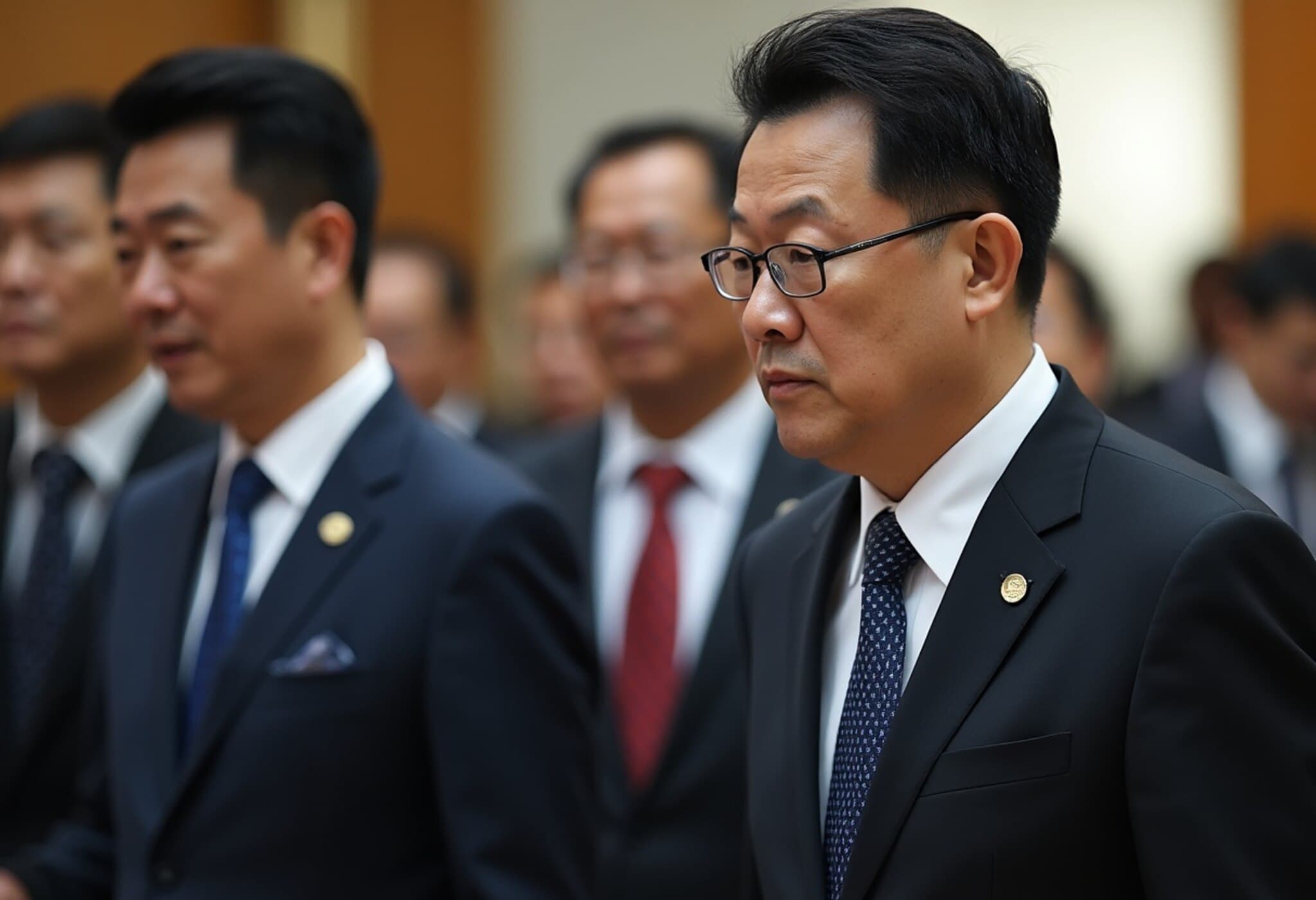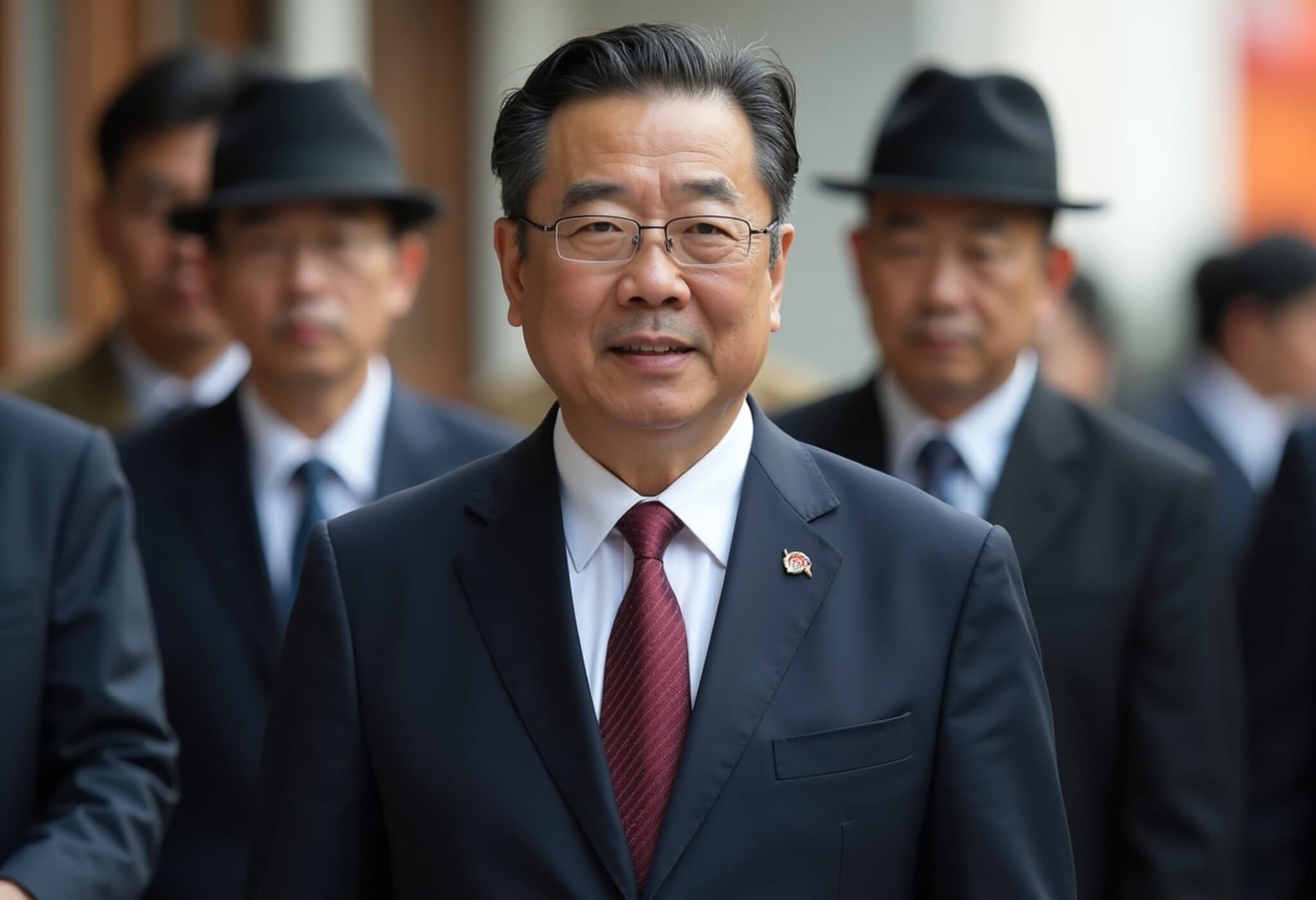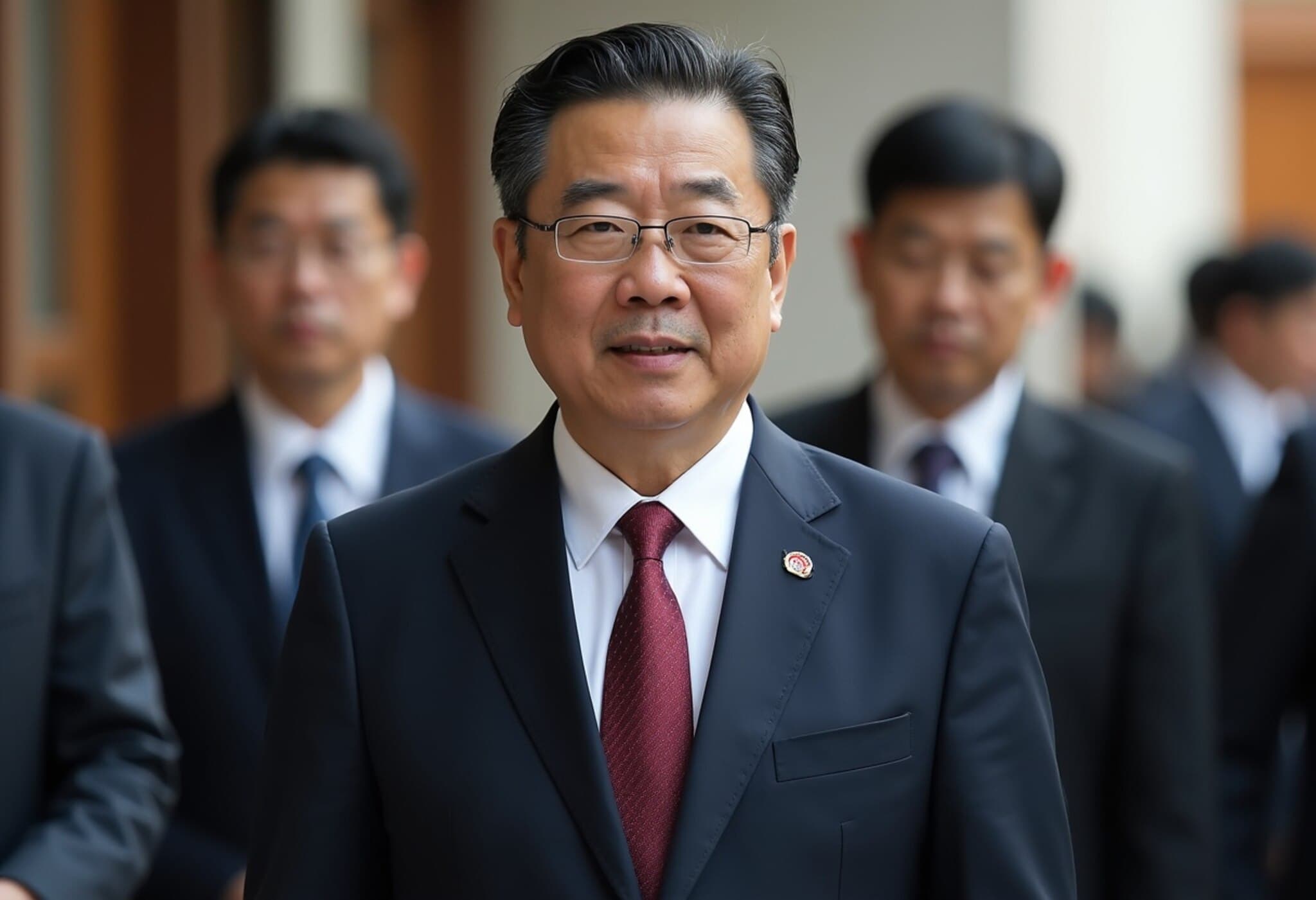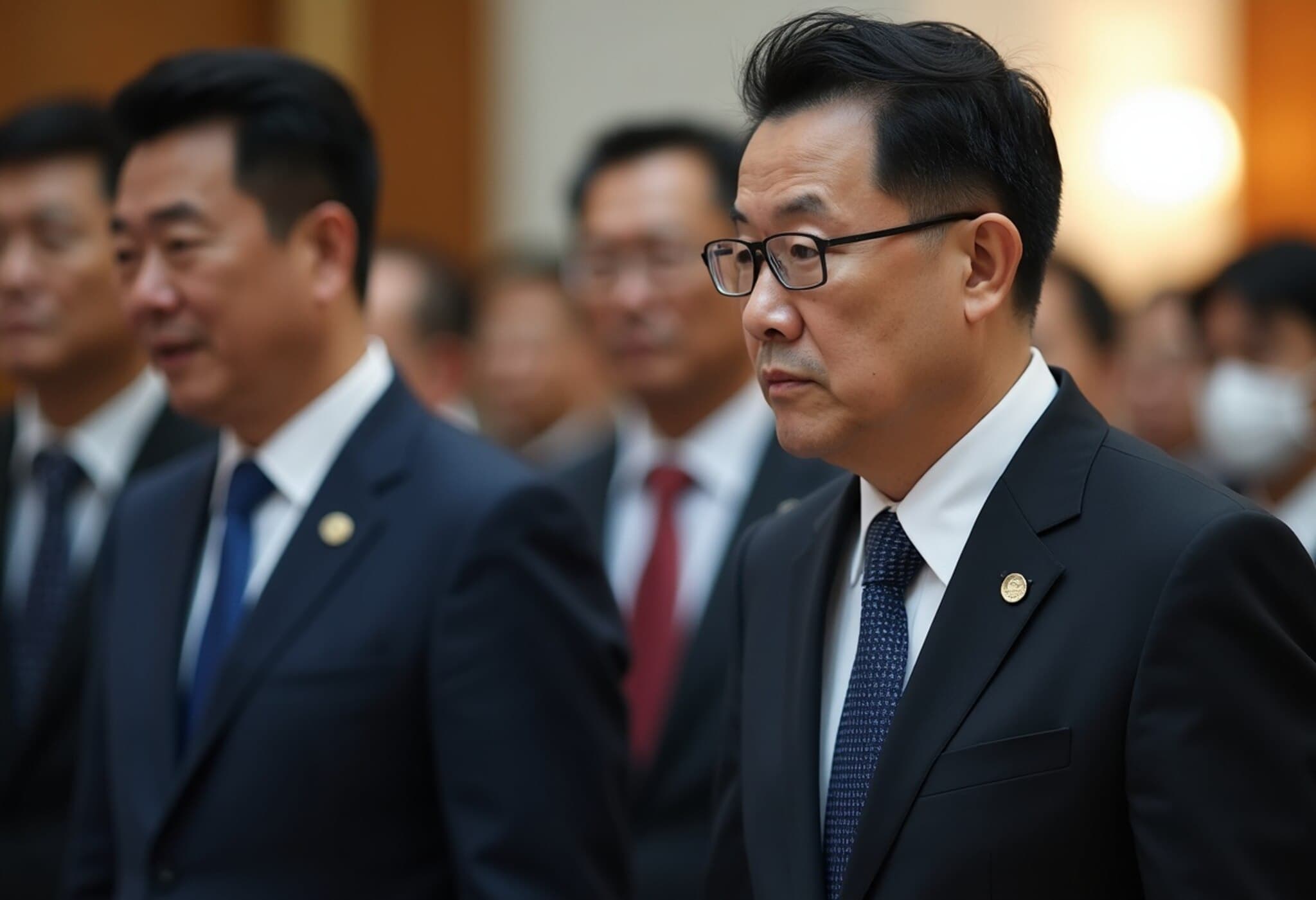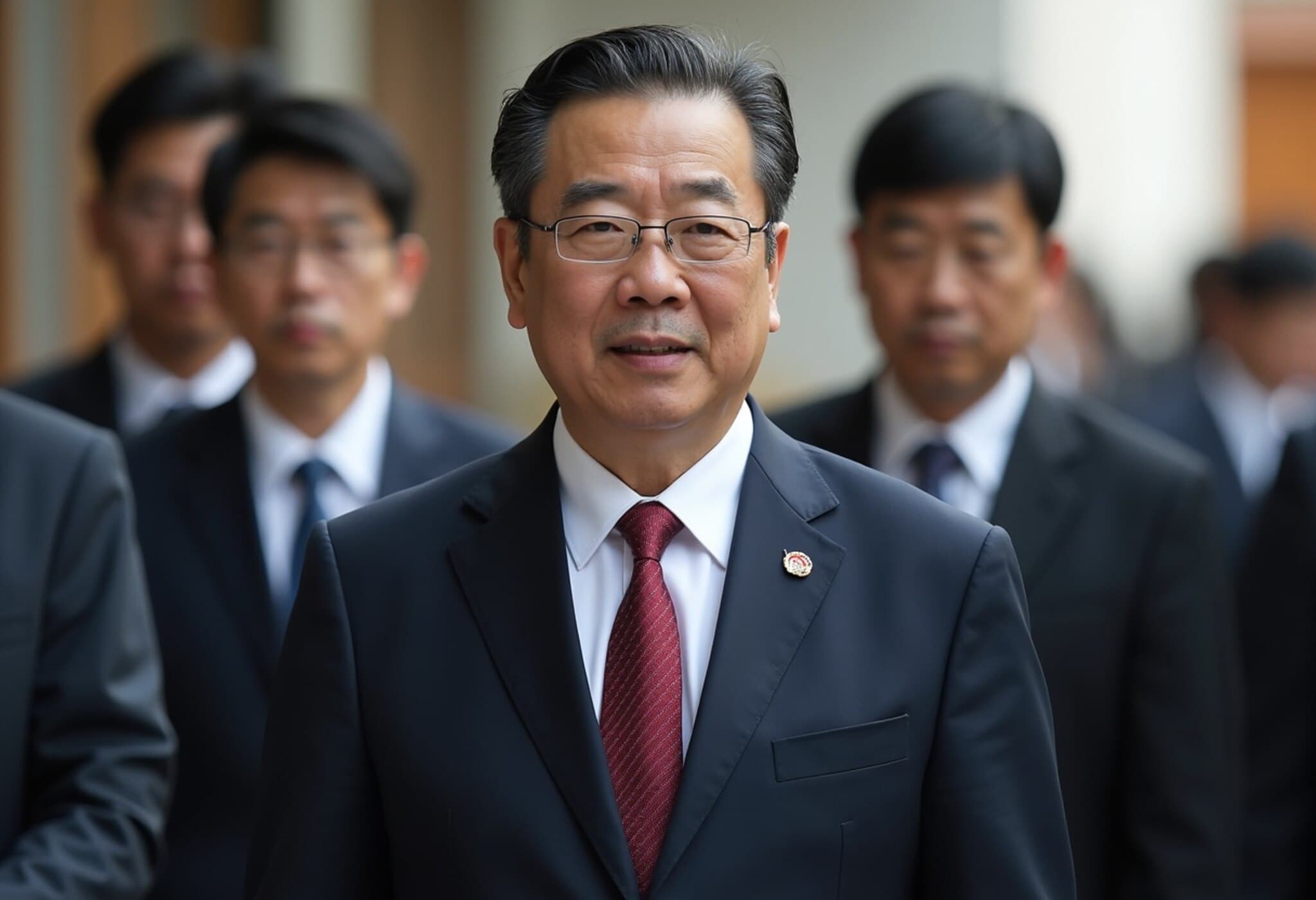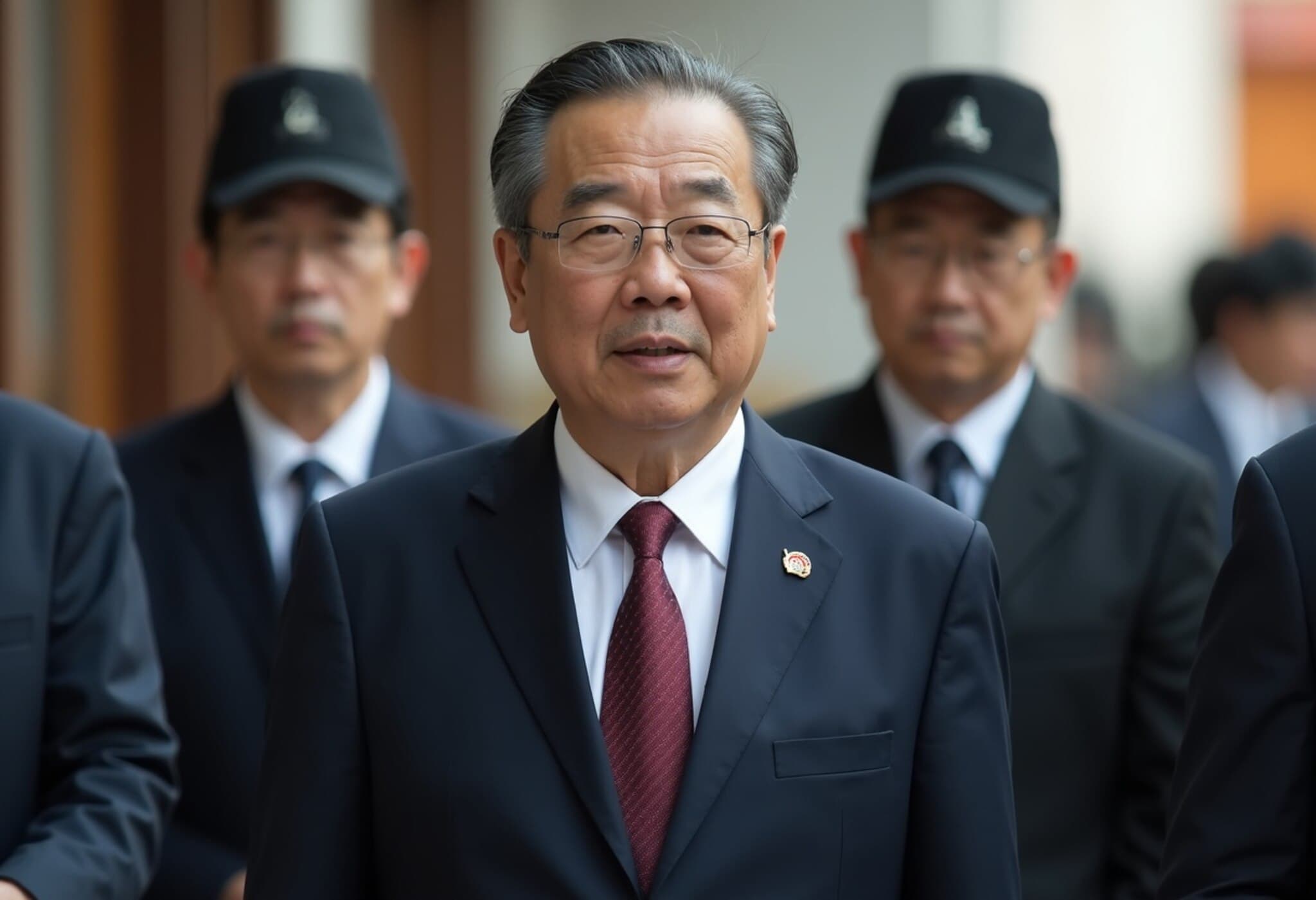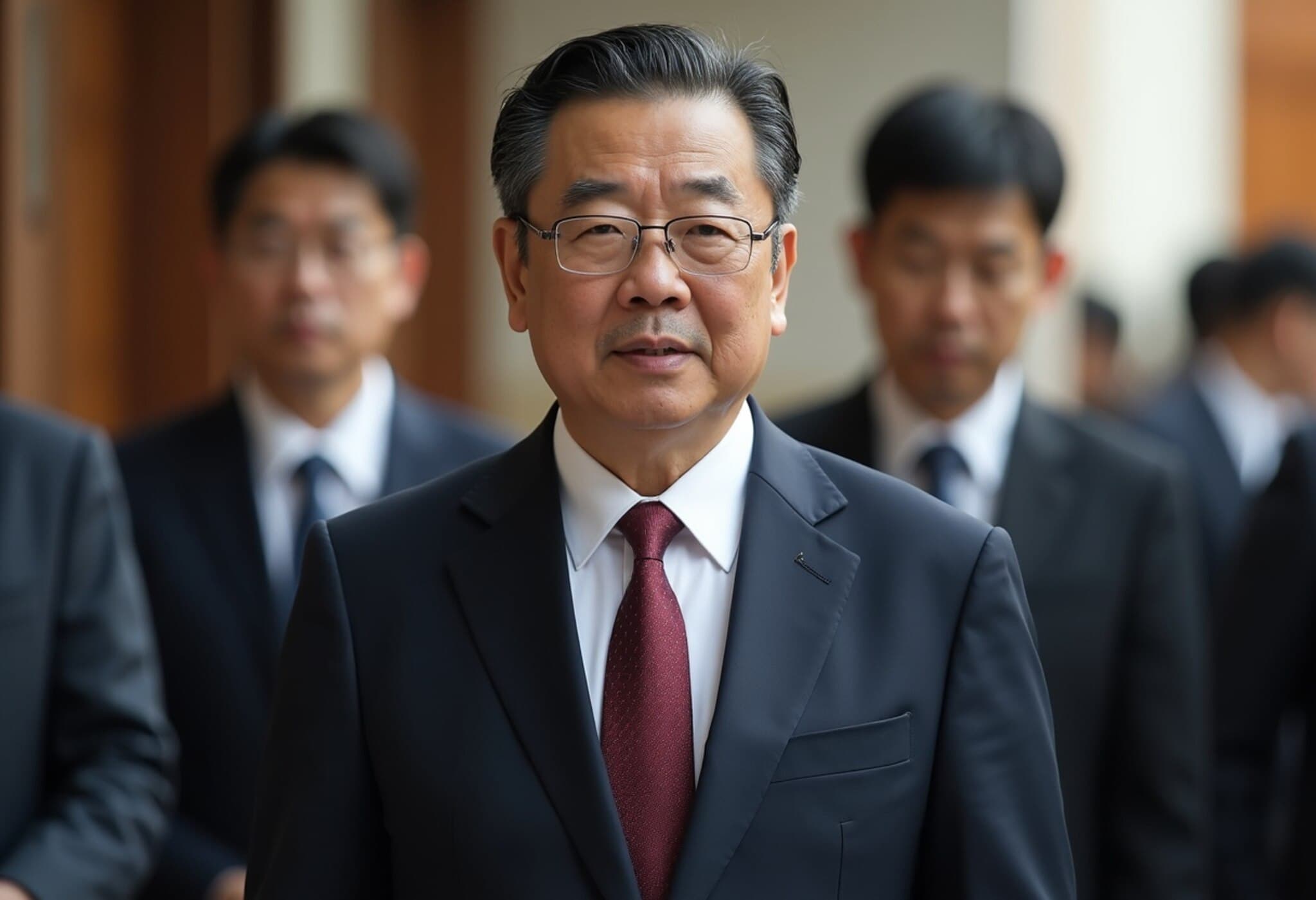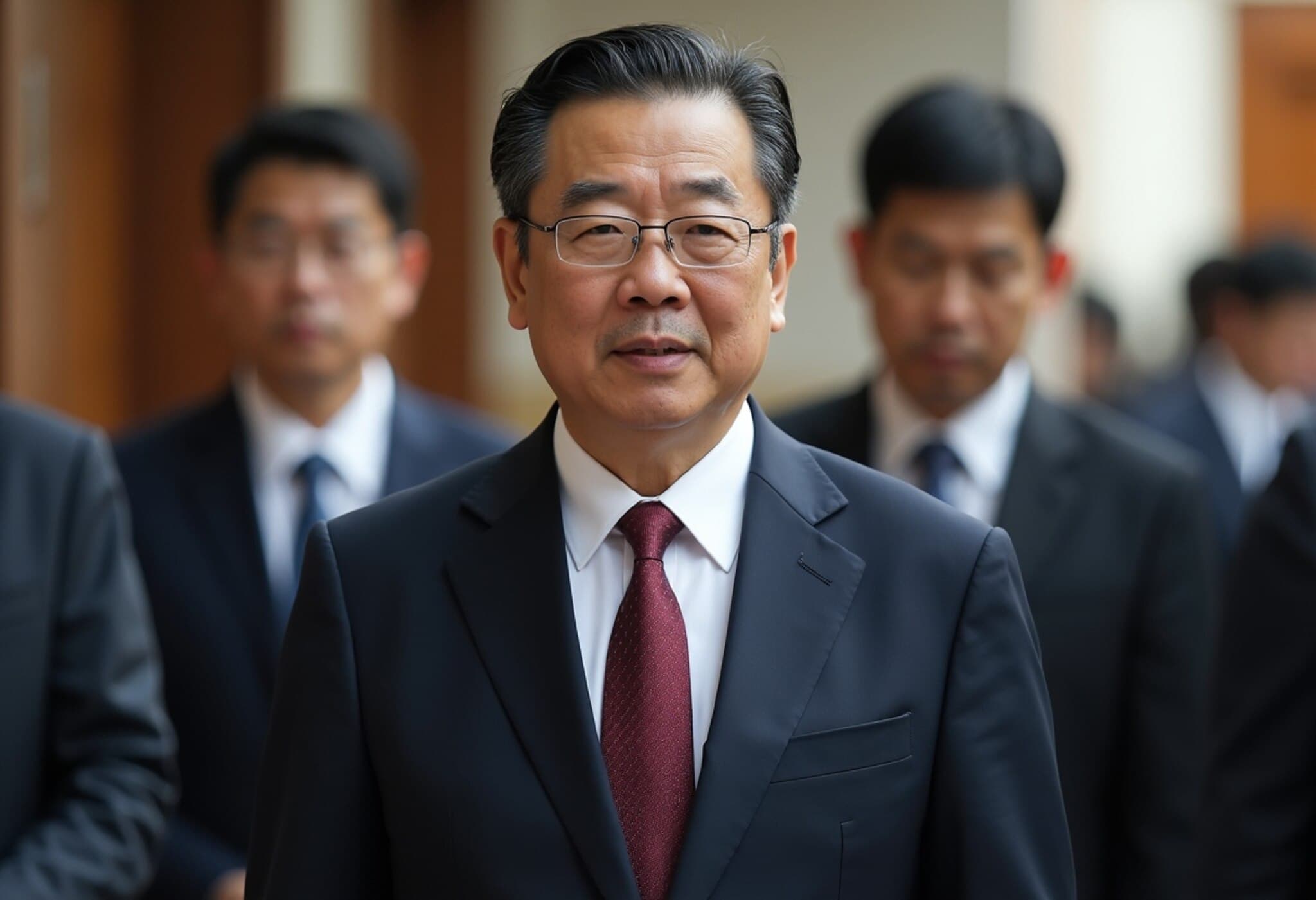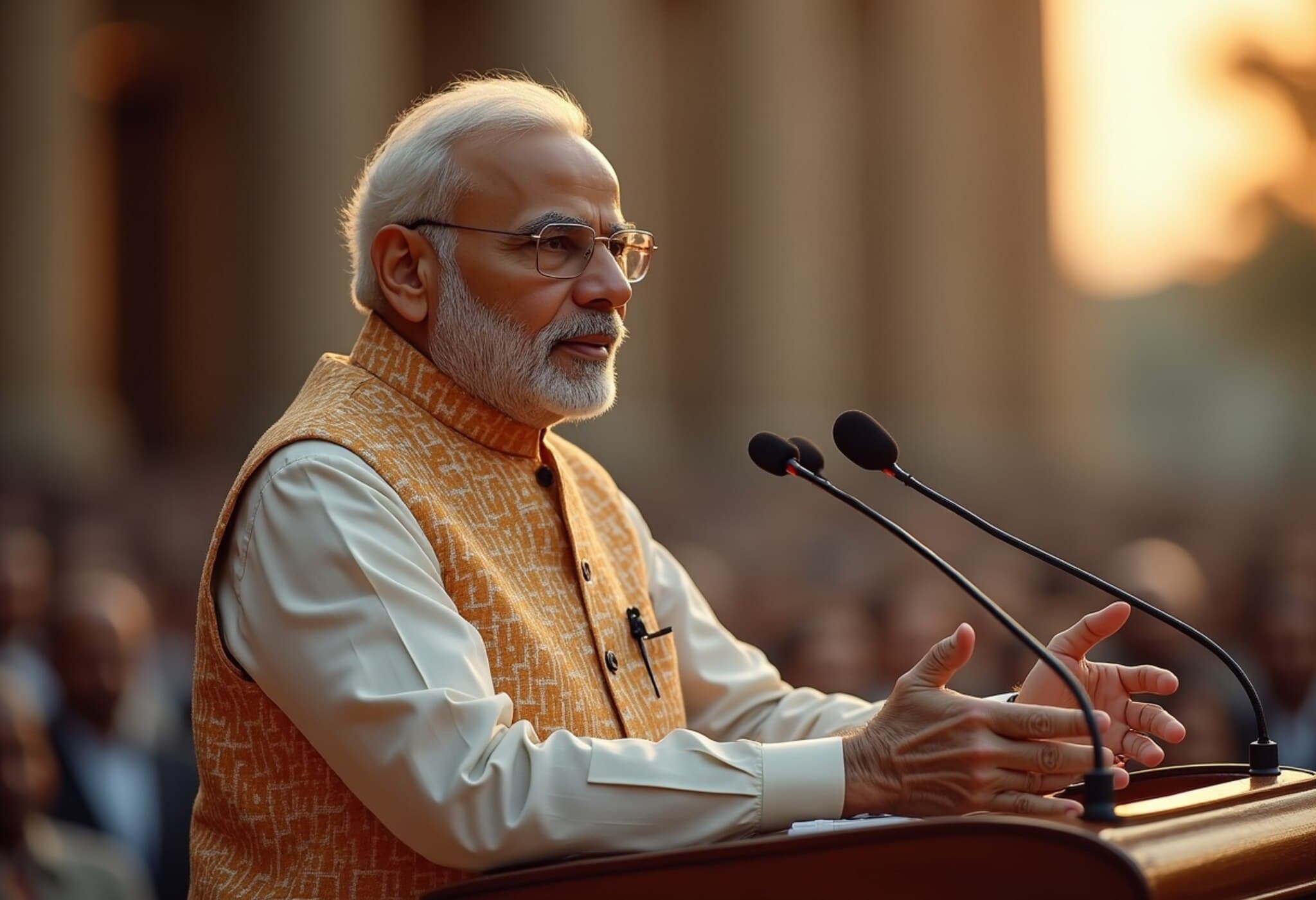South Korean Court Sanctions Arrest of Former President Yoon Suk Yeol Amid Martial Law Controversy
In a development that has further intensified political tensions in South Korea, a court has authorized the arrest of former President Yoon Suk Yeol on allegations tied to his controversial declaration of martial law last December. The move comes after prosecutors raised concerns that Yoon might attempt to tamper with evidence crucial to their case.
Legal Battle Background
Yoon, who was unanimously impeached and removed from office by the Constitutional Court in April 2025, has been embroiled in ongoing legal proceedings since his brief attempt to impose martial law on December 3, 2024. Initially arrested in January on charges of rebellion, Yoon was released a few months later when a lower court overturned his detention, allowing him to remain free during trial.
However, the special prosecutors' insistence on the renewed arrest underscores the gravity of accusations that Yoon sought to seize control of vital government institutions unlawfully. Among claims lodged are attempts to interfere with the National Assembly and election authorities, and to unlawfully detain political adversaries.
Martial Law and Political Fallout
Yoon’s decision to declare martial law—lasting a mere few hours—was ostensibly aimed at curbing what he described as “anti-state” forces impeding his administration through their legislative majority. Yet, the rapid counteraction by lawmakers, who infiltrated the National Assembly despite military presence and overturned the decree, marked a dramatic repudiation of his actions.
This episode triggered a swift impeachment vote against Yoon and set in motion criminal charges, including rebellion, that carry severe penalties under South Korean law, ranging from life imprisonment to capital punishment.
Defense and Criticism
Yoon’s defense team condemned the court’s decision as excessive and argued that the case lacks substantive evidence justifying further detention. Their opposition reflects broader questions about the politicization of the judiciary and due process amid a highly polarized environment.
The Broader Implications for South Korean Democracy
This case resonates far beyond Yoon's personal fate, highlighting fundamental tensions within South Korea’s democratic institutions. The swift military involvement, the disputed use of martial law, and the legal battles spotlight the fragility of political norms when confronted by executive overreach.
Experts within U.S. and international policy circles note that South Korea’s democratic health is being tested by this unprecedented turmoil, calling for vigilance to uphold rule of law and prevent militarization of civil governance. The situation serves as a critical case study on checks and balances in a vibrant but sometimes volatile democracy.
What to Watch Next
- Progress of Yoon's trial and potential impact on political stability.
- Responses from opposition parties and civil society regarding independent judiciary protections.
- International diplomatic reactions, especially from allies such as the United States and Japan, emphasizing democratic norms.
Editor’s Note
As South Korea navigates these turbulent waters, Yoon Suk Yeol’s case poses difficult questions about the limits of presidential power and the resilience of democratic institutions under pressure. The interplay between military authority, political factionalism, and judicial independence remains at the heart of this unfolding saga—elements that global observers and policymakers must watch closely. Will South Korea emerge with strengthened democratic safeguards or will this mark a perilous precedent for future crises?










